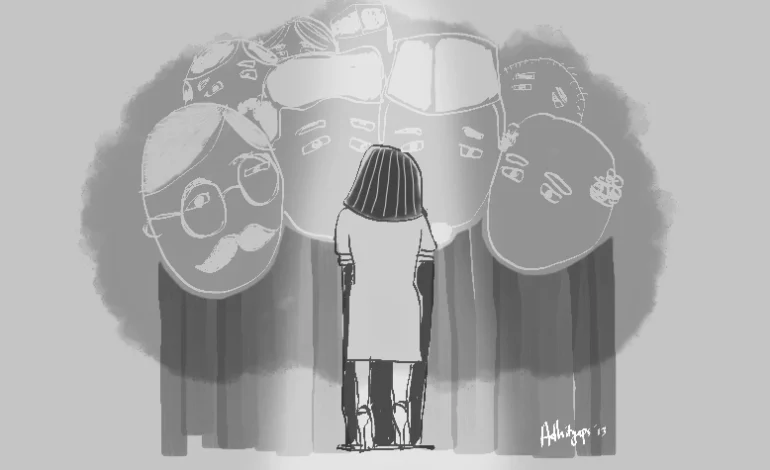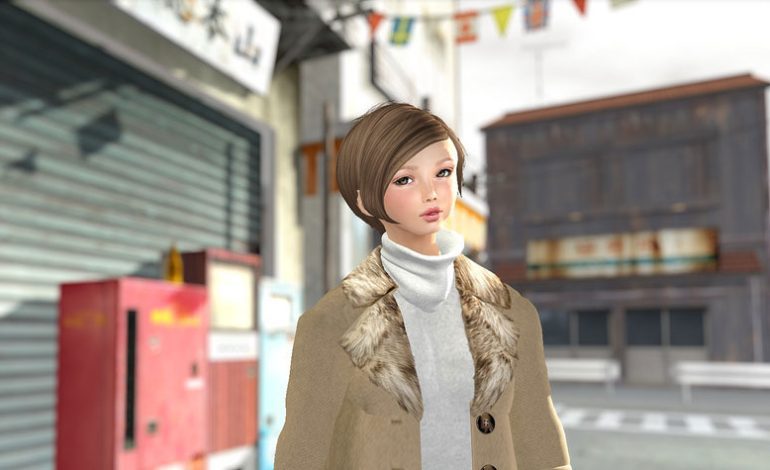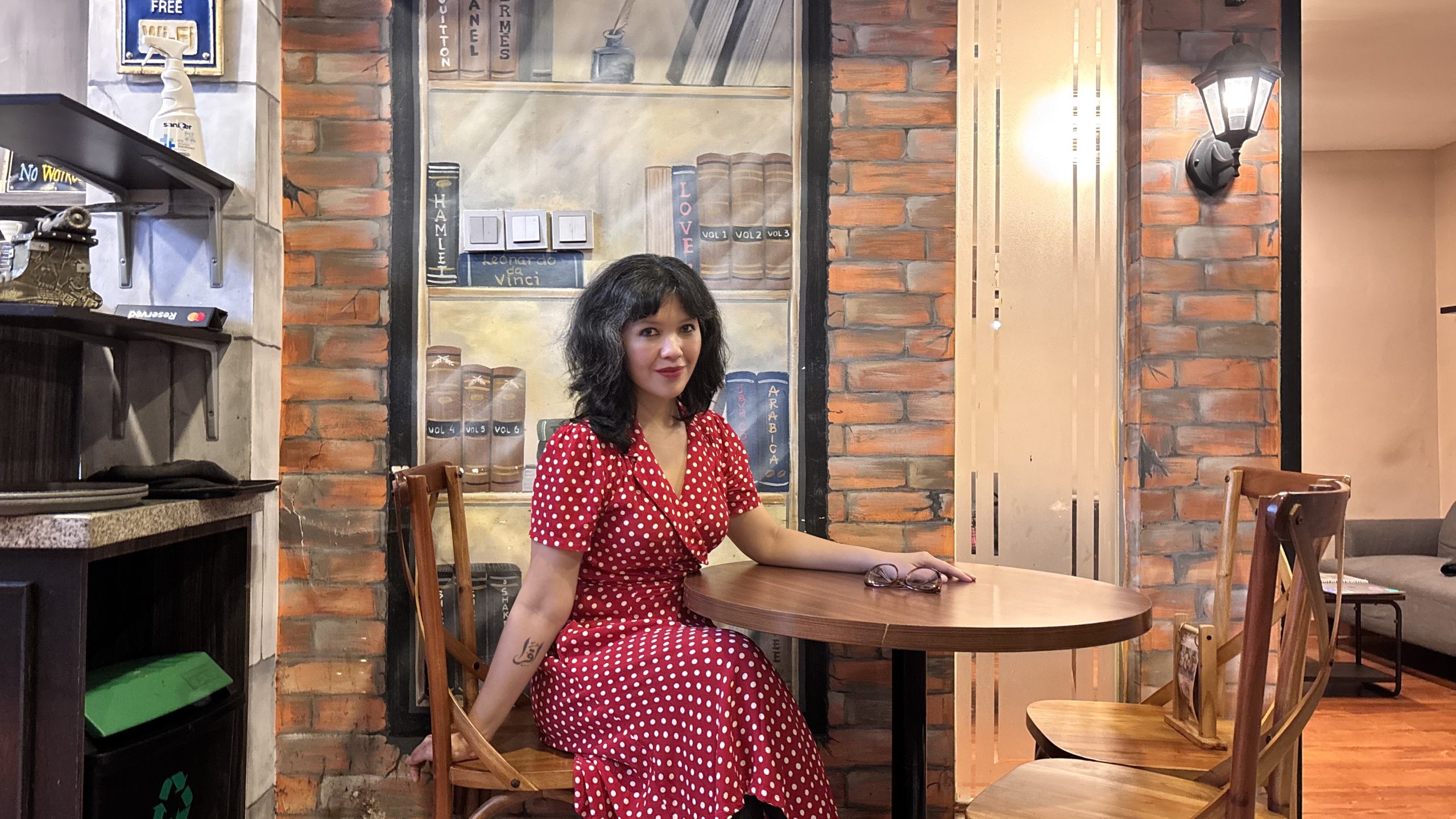‘Women Unlimited’ Aims to Involve More Women in Discussions

Women make up a significant part of the professional world – from academia, science, the corporate world to the media, but when it comes to making their opinions heard, they are far less represented than the opposite sex.
A quick glance of a recent front page of The Jakarta Post daily, for example, will show three articles written by women, and all but one quoting male news sources. Come to any panel discussion or talk show in Indonesia (that is not about women-related issues) and you’ll find the panelist made of all, or mostly, men.
“It’s hard to find women experts on the issue” is a typical excuse for this dearth of women’s representation.
This is why Women Unlimited, which was launched by Hivos South East Asia last week, is a welcome initiative. The website aims to provide profiles and contact information of women in various fields and expertise to create more opportunities for women to be involved in ongoing discussions that are taking place in the country
Women Unlimited has featured 100 women experts from myriad backgrounds so far. They are grouped under six different categories: Green, Love, People, Power, Speak and Rights, each representing the type of issues the women focus on.

“Green” includes women who expertise on environmental issues, technology, agricultural and urban planning, while “Love” includes women who advocate on sexuality issues, and reproductive health rights.
Those who have expertise on laws, economy, corruption, politics and governmental system are listed under “Power” category, while “People” are for women who advocate on women issues, minority groups or religion. Those who are listed under “Rights” category focus on social justice and human’s rights, while “Speak” specifically include women who advocate freedom of speech, freedom of expression, arts and culture.
A discussion themed “Women’s Role in Indonesian Media” was held during the launching, featuring Nezar Patria, the Digital Chief Editor of The Jakarta Post and a member of Indonesia Press Council; Luviana from Indonesian Journalist Association Jakarta; social activist Dena Rachman; and moderated by Firliana Purwanti, the author of The ‘O’ Project. Most of the participants of the discussion are women who are featured on the website.
“When it comes to ‘women in media’, the requirements for women as news source on newspapers and on TV are different,” said Luviana.
Newspapers want their female news sources to be well-known figures who have broad knowledge and experience, but on TV woman speakers have to be attractive or emotionally animated.
“The consideration would be ‘Is she beautiful?’ or if not, ‘Is she emotional?’ because the TV people love drama,” Luviana explains.
Speaking about the difficulty of finding women experts as news source, Nezar said that besides the limited list of women expert contacts in the newsroom, many women were reluctant to be interviewed.
“When we asked women as our source many actually refused to talk and preferred to recommend their colleague,” he explained.
Dena Rachman, who has a lot of experiences being interviewed by the media, said she sometimes felt reluctant to give a statement fearing she’d fall into a trap.
“Sometimes when journalists ask for a statement, they won’t think twice to discredit the speaker for the sake of ratings and sensational news. That’s why I don’t always trust the media,” said Dena.
Many of the participants had similar experiences when it comes to dealing with the media. They said reporters sometimes already come with a certain frame in mind or had decided on the angle of a story, and they just needed a quote to complete it.
“Once a reporter ask for my opinion and apparently what I said wasn’t exactly what he expected, then he said ‘Oh, that’s what you think? I will just look for other source then’,” said a participant, Ni Made Martini, a lecturer at University of Indonesia.
“Other time a reporter published the data that I gave wrongly and it became the headline. It was really bad that I received a lot of complaints after that,” she added.
Nezar said that integrity is one of the main problems with the current media in Indonesia. One way to deal with this challenge is by being firm and clear with statements made in interviews in order to avoid being misquoted.
“News sources should learn how to give context and give brief explanation instead of a long one,” he said.
To further their commitment in improving women’s capacity and skills, Women Unlimited program also includes workshops on leadership and public speaking skill. The website will be continually improved and open to women experts on any subjects who would like to be featured as well.
Read Ayunda’s piece on cyberbullying.






















